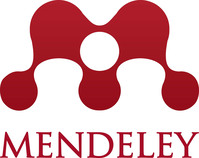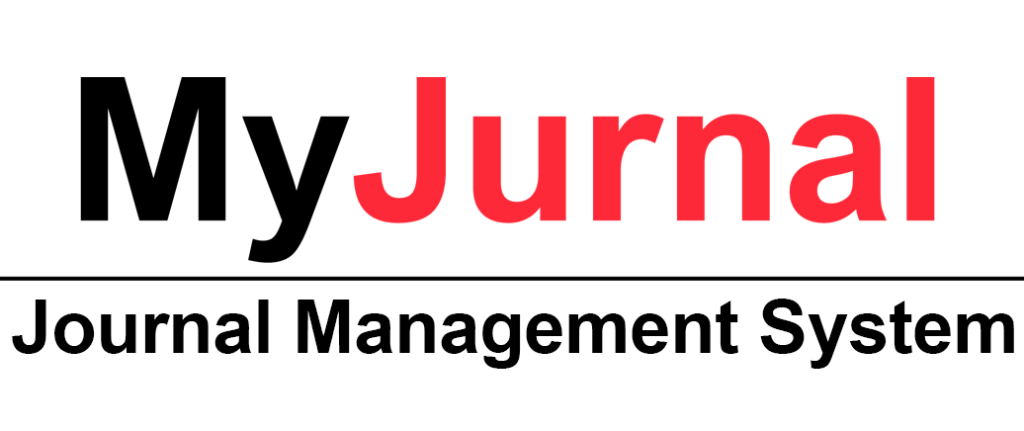Attitude of Military and Paramilitary Officers towards the Role of Arabic Language in Addressing Security Issues in Nigeria
DOI:
https://doi.org/10.31436/ijes.v6i1.145الملخص
This study addresses security issues in Nigeria through Arabic Language Education. Arabic Language is one out of the international languages, it is a member of the Semitic family of language and perhaps the only one among them that has gallantly stood the test of the time. It gains wide range of currency and leaves an indelible mark on the course of world history, culture and civilization. The language has played a significant role in security challenges. It has the ability to solve problems between groups of people by ensuring atmosphere for understanding and peaceful co-existence. The study was a descriptive survey type. The population consisted of all Nigerian military and paramilitary officers using stratified random sampling technique, 50 officers were selected from each of the Nigerian Army, Air force, Police, and Civil Defence corps in the North-east totaling 200. A questionnaire titled “Arabic Language Education and National Security Questionnaire” was designed for the data collection. Test re-test method was employed for the reliability with 0.76 coefficient. One research question and one hypothesis guided the study. Percentage was used to answer the research question and ANOVA was used to test the hypothesis at 0.05significance level. The findings reveal that there was a significant difference in the understanding of Arabic Language among Nigerian security officers. Significant difference was found in addressing insecurity through Arabic than in other languages. It was recommended among others that, the government should recognize Arabic Language as a medium of communication/instruction and of the equal rank with English language in Nigeria. The Language should be incorporated into in-house training for the security officers.
Keywords: Nigeria, Security, Arabic Language, Role
المقاييس
المراجع
Ayodele, S.O. (2004). A description of varieties of Nigerian English for pedagogic purpose. British of Journal of language teacher. Vol. 21, No. 2, pp 10-108.
Hitti, P.K. (1979). Arab Civilization: Language The Encyclopedia, New York: Americana Cooperation: World legacy. The Encyclopedia Americana cooperation.
Hourani, G.F. (1976). Arab Civilization: World Legacy. The encyclopedia Americana cooperation.
Ibrahim, A.I. (2013). The study of Arabic Language in the Nigerian Armed Forces: Prospects and Problems. International Journal of Bussiness and Social Science, Vol. 4 No. 6. Pp189- 195.
Jaja, C.N. & Jude, O. (2013). Security and national development in Nigeria: The Threat of Boko Haram. International Journal of Humanities and Social Sciences. Vol. No4, Pp 285-291.
Mahmud, A.A. (2012). The Arabic Language: Its relevance to Nigerian development. European Scientific Journal, Vol8, No.26. Pp192-202.
Mesjasz, C. (2004) Security as an analytical concept, Hague. www.afes
Nwolise, O.B.C. (2006). National security and sustainable democracy. In Ojo, E.O. (ed) challenges of sustainable democracy in Nigeria. Nigeria: Ibadan: John Archer Publishers.
Oladosu, A.G.A.S. (1992). The position of Arabic language in Nigerian schools today. Nigerian Journal of Foundations, 3(ii), 181-190.
Omode, A.J. (2011). “Nigeria: Analysing the security challenges of the Goodluck Jonathan Administration.” Canadian Social Science, vol.7, No5, Pp.90- 102.
Onifade, C.A., Imhonopi, D., & Urim, U.M. (2013). Addressing the insecurity challenge in Nigeria: The Imperative of moral values and virtue ethics. Global Journal of Human Social Science. Vol. 13, (2). Pp 52-62.
Rudin, H.R. (1976). Bornu, in Encyclopedia Americana 4, P.286.
Sabra, A.I. (1976). Arab Civilization: Position in Islamic world. The Encyclopedia Americana 2, New York: Americana Cooperation. P. 157.
Tukhan, I.A. (1976). Emaratun Al Barnu Al- I'slamiyyah. Bornu Islamic Empire. Cairo.
Zabadi, S. (2005) Understanding security and security sector dynamics baltimore: John Hopkins University Press.
التنزيلات
منشور
كيفية الاقتباس
إصدار
القسم
الرخصة
The Journal will own copyright to all published works and have the right of first publication, both in print and online, unless other arrangements are made with the Editors in advance. It is the author`s responsibility to ensure that where copyright materials are included within an article the permission of the copyright holder has been obtained beforehand.






















